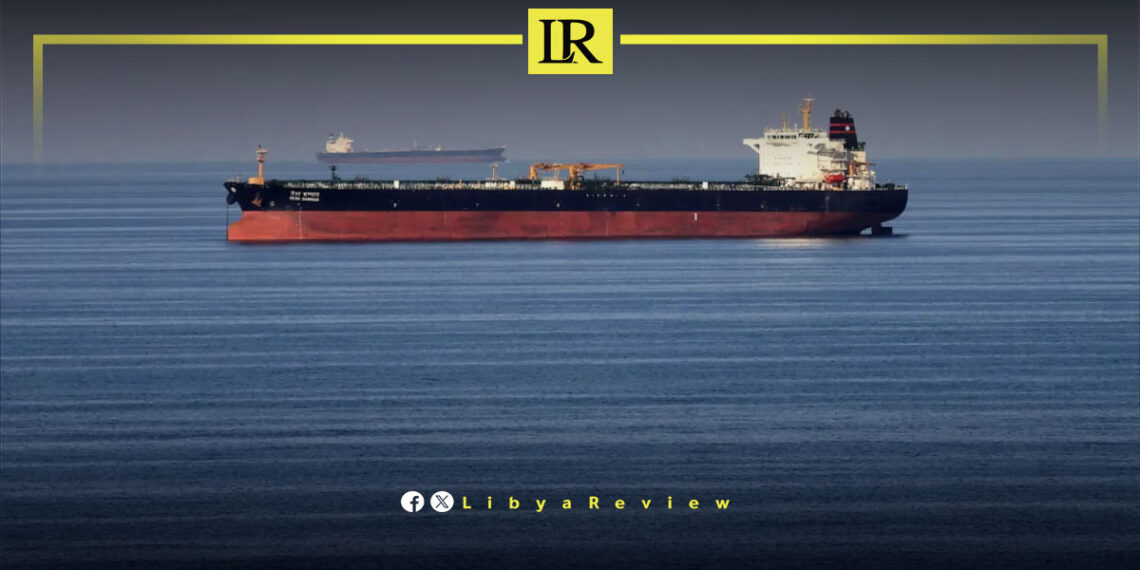A Greek oil tanker was likely damaged by an external explosive device while sailing off Libya’s coast last week, its operator confirmed on Sunday, raising new concerns about maritime security in the region.
TMS Tankers, the Greece-based operator of the Vilamoura tanker, stated that a preliminary investigation indicates the blast was caused by an external source, most likely an explosive device. The incident occurred as the Marshall Islands-flagged Vilamoura was traveling from the Libyan port of Zuetina on June 27 with about one million barrels of crude oil bound for Gibraltar.
“The initial investigation clearly shows that the explosion, the resulting hull damage, and the flooding of the engine room were caused by an external source—an unidentified explosive device,” TMS Tankers said in its statement.
According to maritime security sources cited by Reuters, the damage may have been caused by a limpet mine, a type of underwater explosive often used in sabotage attacks on vessels. If confirmed, this would be the fifth such maritime incident reported in the region in recent months, highlighting the growing risks facing commercial shipping near Libya.
Following the explosion, the Vilamoura lost propulsion due to severe flooding but remained afloat. The vessel was later towed safely to Greek waters, arriving at Laconikos Bay. TMS Tankers confirmed that all crew members are safe and in good health.
The incident puts renewed focus on maritime security off Libya, particularly near oil export terminals, which are vital for the country’s fragile economy. While the perpetrators remain unidentified, the attack underscores the vulnerability of vessels passing through Libyan waters, where political instability, smuggling, and armed conflict have long posed serious risks.
The explosion also raises fresh concerns for the global oil trade and the safety of vessels transporting crude from Libya, a major exporter in the Mediterranean region.


